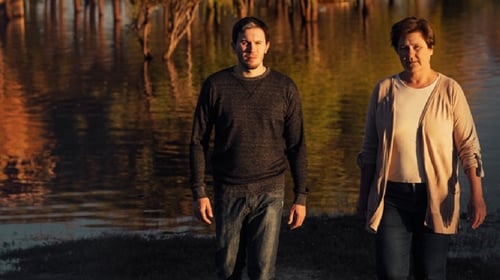
Producer
Marcel Keoroglian, a public figure in Uruguay thanks to his works in carnival, television, radio and cinema, has at home eighteen records of the 1949 carnival that have never been heard. These records were recorded by José Goglian, an Armenian immigrant, who in the 1940s lived in Villa del Cerro (a Montevidean neighborhood made up of many immigrant groups) and who invited his neighbour carnival musicians to his apartment to record them with a phonograph. This documentary is focused on Marcel's passionate bond with the murga genre, as he writes the lyrics for a group that is preparing for the next carnival, while looking for a way to revive the music of these albums that awaited sixty-eight years to be heard.

Assistant Director
Marcel Keoroglian, a public figure in Uruguay thanks to his works in carnival, television, radio and cinema, has at home eighteen records of the 1949 carnival that have never been heard. These records were recorded by José Goglian, an Armenian immigrant, who in the 1940s lived in Villa del Cerro (a Montevidean neighborhood made up of many immigrant groups) and who invited his neighbour carnival musicians to his apartment to record them with a phonograph. This documentary is focused on Marcel's passionate bond with the murga genre, as he writes the lyrics for a group that is preparing for the next carnival, while looking for a way to revive the music of these albums that awaited sixty-eight years to be heard.

Producer
Este documental atraviesa la vida de Mary y Valery, la viuda y el hijo de Vladimir Roslik, el último muerto de la dictadura militar uruguaya. Hoy, ellos buscan cerrar una herida que es suya y es la de una comunidad perseguida por su origen ruso, bajo la sombra que dejó la ley de caducidad que impidió juzgar el asesinato.

Assistant Director
Este documental atraviesa la vida de Mary y Valery, la viuda y el hijo de Vladimir Roslik, el último muerto de la dictadura militar uruguaya. Hoy, ellos buscan cerrar una herida que es suya y es la de una comunidad perseguida por su origen ruso, bajo la sombra que dejó la ley de caducidad que impidió juzgar el asesinato.



